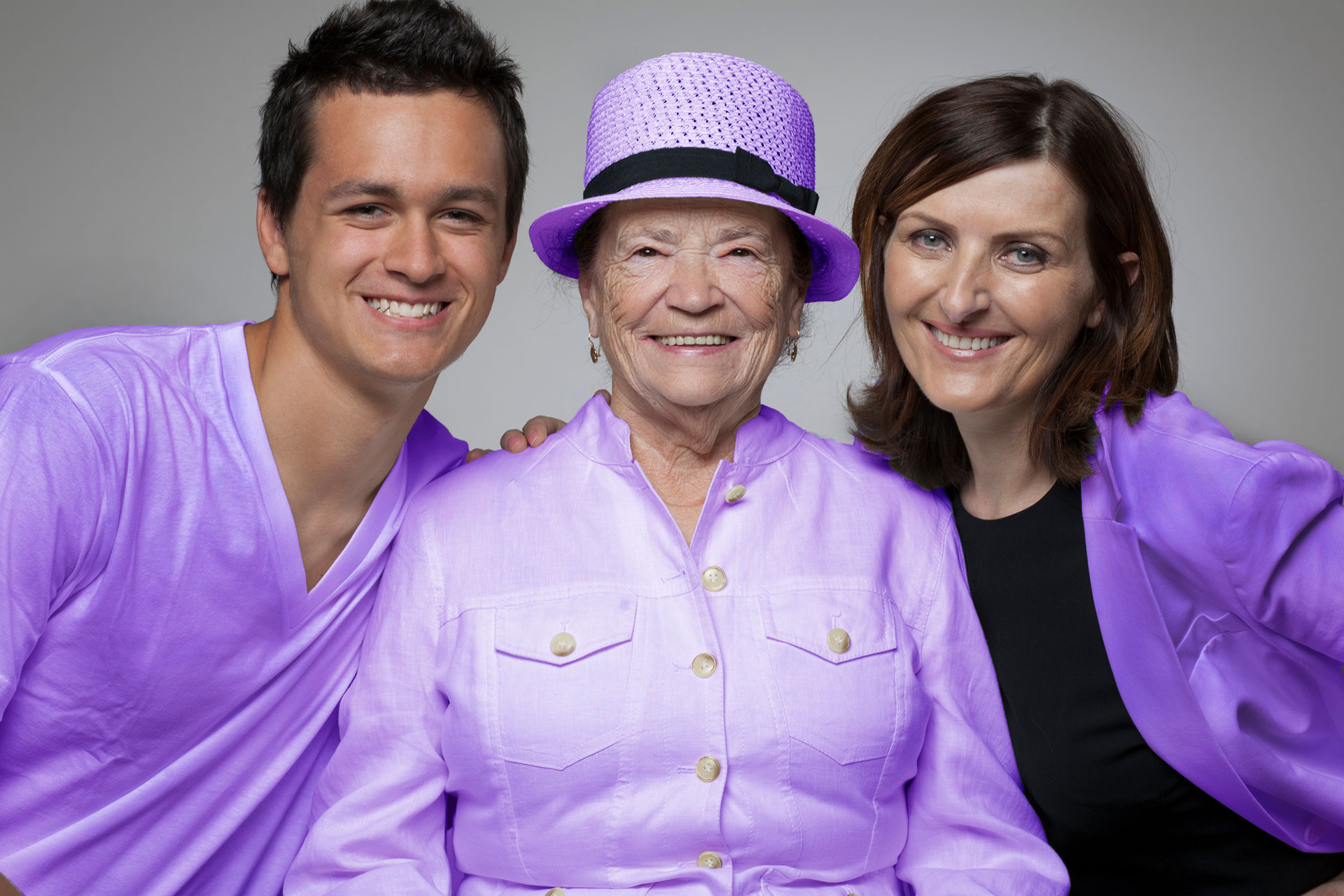June represents a significant month for raising awareness about Alzheimer’s disease and other dementias. During Alzheimer’s & Brain Awareness Month, people are encouraged to wear purple to show their support for the millions affected by these conditions. One of the primary goals of this observance is to educate the public about Alzheimer’s, discuss prevention strategies, and explore treatments for this debilitating disease.
The Impact of Alzheimer’s Disease and Other Brain Conditions
The history of Alzheimer’s disease dates back to 1906, when a German physician, Alois Alzheimer, described a patient with severe memory loss. Over a century later, while our understanding of the disease has significantly advanced, there is still much to learn. In 1983, the United States began observing Alzheimer’s & Brain Awareness Month to spread knowledge about the symptoms and types of care required for those affected by Alzheimer’s and other dementias.
Alzheimer’s disease is a progressive neurological condition that leads to memory loss, cognitive decline, and behavioral changes. It is the most common cause of dementia among older adults. Symptoms commonly appear with mild memory loss and confusion, eventually progressing to severe cognitive and functional impairment.
Alzheimer’s Dementia Life Expectancy
The life expectancy of someone with Alzheimer’s varies, but on average, people live four to eight years after diagnosis, though some can live up to 20 years. Early diagnosis and proper care can significantly impact the disease’s quality of life and progression.
In the late stages of Alzheimer’s, individuals may experience:

The Role of Home Care in Alzheimer’s Treatment
Managing Alzheimer’s disease, especially as the condition progresses, can be easier with complete home care. Registered nurses and licensed therapists are integral to providing comprehensive Alzheimer’s home health care. They offer medical care and emotional support and help maintain the patient’s quality of life.
Alzheimer’s home care services include:
Supporting Alzheimer’s Patients and Their Families
Providing care for someone with this condition can be challenging and emotionally taxing. Home care for Alzheimer’s patients offers a supportive environment where they can receive personalized care in the comfort of their own homes. Alzheimer’s in-home care services are designed to address the specific needs of patients at different stages of the disease, ensuring they receive the best possible care while remaining in familiar surroundings.
Strategies for Improving Brain Health
While some changes in brain function are expected as we age, maintaining an active mind can help slow memory decline. Here are some actions to lower the risk of developing Alzheimer’s or other dementias:

Observing Alzheimer’s & Brain Awareness Month
There are several ways to observe Alzheimer’s & Brain Awareness Month and contribute to the cause:
- 1
Visit Your Doctor Regularly – Regular check-ups can help monitor cognitive health and catch any early signs of dementia.
- 2
Attend or Host a Fundraising Event – Participating in events like the Memory Walk can raise funds for Alzheimer’s research and support services.
- 3
Donate to New Medication Research – Supporting research can lead to breakthroughs in treatment and prevention.
- 4
Use Purple Attires – Wearing purple is a simple yet powerful way to show support and solidarity in the fight against Alzheimer’s.
The Alzheimer’s Association’s main objective during this month is to increase public knowledge about the disease and encourage proactive measures to combat it. With over 55 million people worldwide suffering from Alzheimer’s, dementia, or other brain-related conditions, community involvement is crucial.
Alzheimer’s & Brain Awareness Month is an essential time to raise awareness, support research, and educate the public about Alzheimer’s disease and other dementias. By going purple and participating in various activities, we can show our support for the millions affected by these conditions. We, as a community, can make a significant difference in the lives of many living with Alzheimer’s and their families. Let us all take this opportunity to contribute to the fight against Alzheimer’s and work toward a future with better treatments and, ultimately, a cure.
Call Signature 24/7 at 1 (800) 277-8291 for excellence in skilled and compassionate home health care.

Your Complete Home Health Care Solution!
ALWAYS ON CALL
| Monday – Sunday | 24 / 7 |
1 (800) 277-8291 (option 1)
COUNTIES SERVED
OUR VALUES
TESTIMONIALS

I love all of my home health people.

All Signature staff as well as therapy were very helpful.

Their services have always been great.

I really love my physical therapist. Gary has helped me so much.

This has been one of the best agencies. Very caring nurses.

I’ve had a really good physical therapist and really nice nurses.

I have had excellent care & would recommended them to anyone.

Gary Dixon is the very best physical therapist in Baytown and Houston Area.

